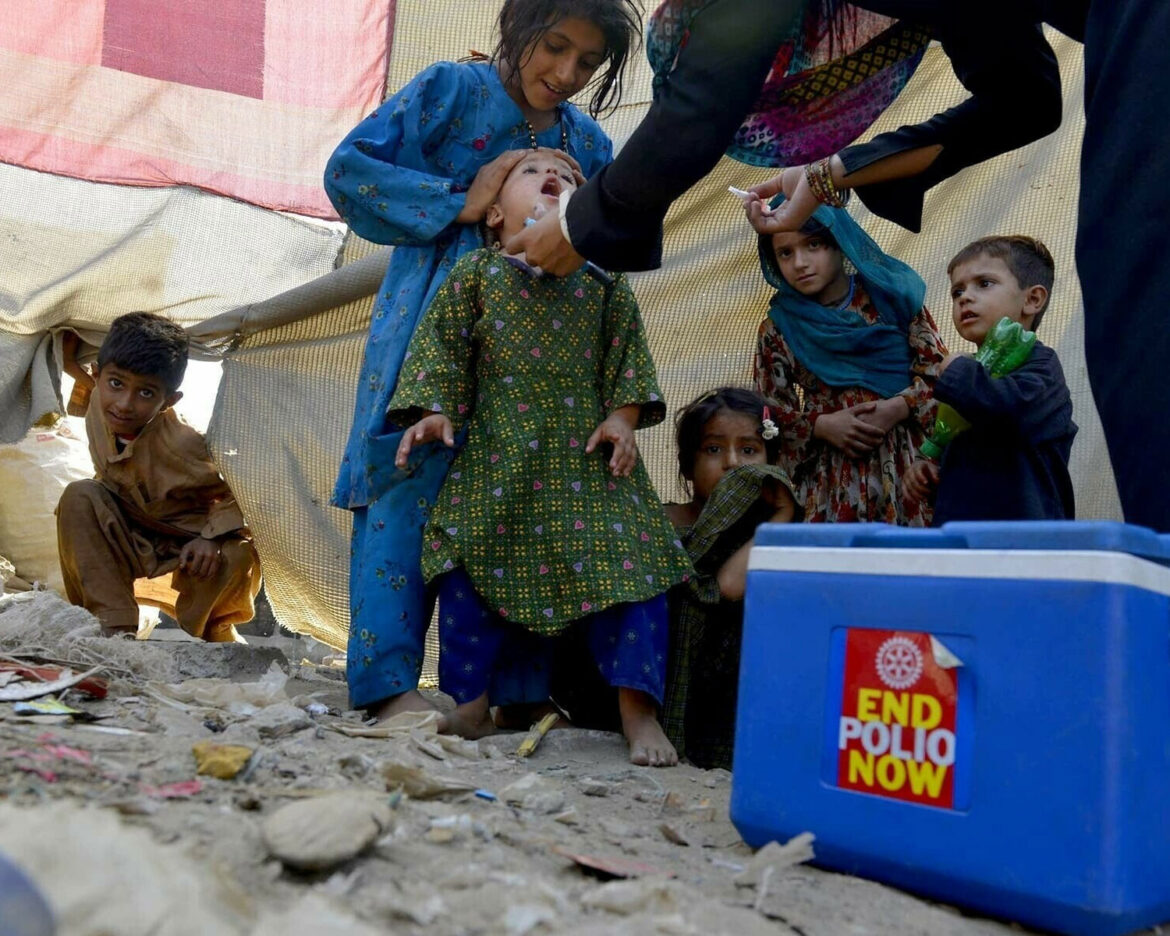In a startling development, Pakistan’s caretaker government has approved a revised project for the Emergency Plan for Polio Eradication for the third time, despite its own stipulated timeframe. The project, initially estimated at $326.8 million from 2012-2015, has now ballooned to a staggering $1.784 billion for the period 2022-2026, marking a dramatic cost overrun. In Pakistani rupees, this amounts to a jump from Rs32.2 billion to Rs513.16 billion.
The newly constituted Executive Committee of the National Economic Council (Ecnec) gave the green light to this massive increase, bringing the total foreign aid to $1,784.90 million. However, this approval comes with a significant shift in the program’s implementation strategy.
Under the revised plan, provincial and sub-provincial health departments will play a more central role in the project’s execution, replacing UNICEF and WHO. Provinces are now responsible for preparing their own PC-Is (Project Concepts) within one year, with the intention of shifting ownership and financial responsibility to them.
During the meeting, concerns were raised about donors influencing policy implementation, but despite this, Ecnec granted approval for the extended duration of the umbrella PC-I for three years. This aligns with an Islamic Development Bank (IsDB) loan agreement, and the responsibility for project support is now handed back to UNICEF and WHO.
Caretaker Federal Minister for Finance, Revenue, Economic Affairs, and Privatization Dr. Shamshad Akhtar chaired the Ecnec meeting where the project was approved at a cost of USD 1784.93 million, with significant contributions from GPEI partners, IsDB, and AFD. The project aims to provide polio eradication vaccines across Pakistan and will be executed by WHO and UNICEF.
The Ecnec has also called for a project evaluation and the integration of lessons learned from the Polio Eradication program’s implementation during Phase-III. Additionally, a committee co-chaired by the Secretary of Finance and Secretary of Economic Affairs Division (EAD) will examine re-lending arrangements with provinces for similar projects, with the goal of ensuring proper implementation.
This latest development in Pakistan’s ongoing battle against polio raises questions about cost management and donor influence in vital public health initiatives, even as the country continues its efforts to eradicate the disease.



